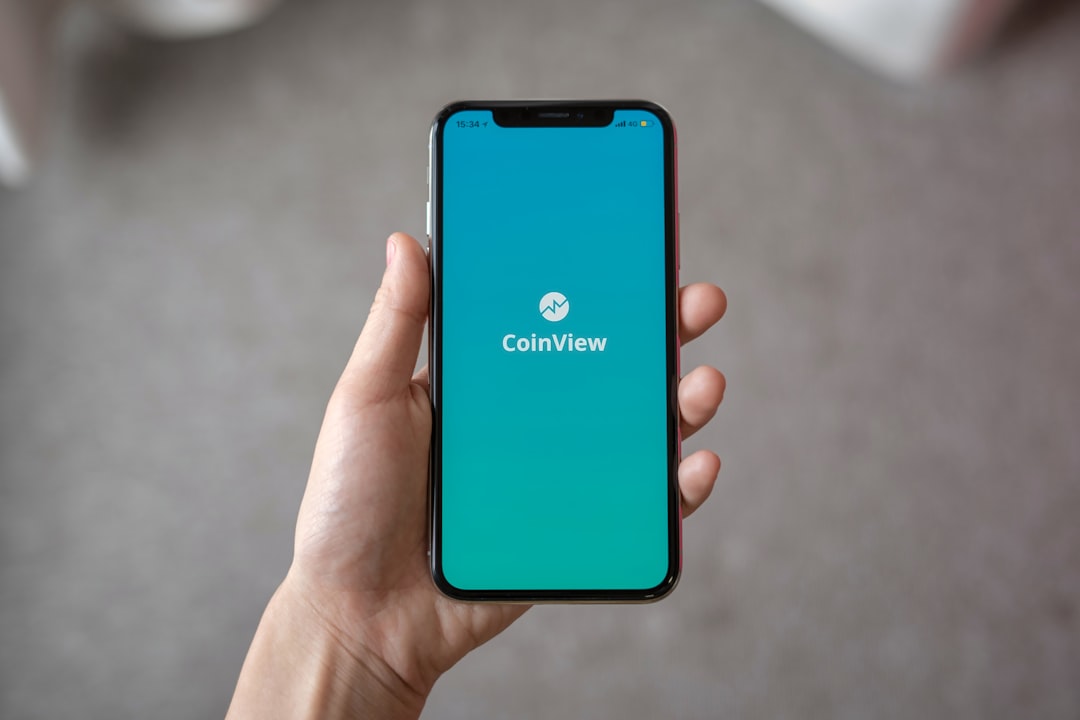Louisiana residents face a persistent spam call crisis, with major cities like New Orleans and Baton Rouge especially hard hit. Despite registered Do Not Call laws, advanced spam technologies overwhelm efforts to stop unwanted calls. Technology companies are stepping in with innovative solutions using machine learning algorithms to identify and block scammers. Effective measures include state-level "Do Not Call" lists, citizen reporting, and call authentication protocols like STIR. Consulting experienced Do Not Call lawyers in Louisiana offers legal guidance for stronger protection. A multi-faceted approach combining technology, education, and official channels is needed to combat spam calls effectively in the future.
In Louisiana, the surge of spam calls has become a pressing issue, disturbing residents and businesses alike. This article explores the role of technology companies in alleviating this crisis across various cities. We delve into the detrimental effects of unwanted robocalls, examining their impact on both individuals and enterprises. By analyzing current solutions and innovations, we uncover strategies to mitigate spam calls, with a focus on the potential for tech-driven prevention methods. Additionally, we discuss future prospects, offering insights tailored to Louisiana’s ‘do not call’ lawyers and regulatory frameworks.
Understanding the Spam Call Crisis in Louisiana Cities

In recent years, Louisiana residents have been grappling with a persistent issue: spam calls. These unwanted phone communications, often from automated systems, inundate residents’ phones daily, making it difficult to distinguish legitimate calls from pesky nuisances. The problem has become particularly pronounced in major cities like New Orleans and Baton Rouge, where the dense population provides a fertile ground for scammers and telemarketers.
Spam calls can range from harmless marketing efforts to insidious scams aiming to steal personal information or money. Many Louisiana citizens have expressed frustration with frequent Do Not Call lawyer registrations, as these measures often prove ineffective against sophisticated spam call technologies. This crisis has prompted technology companies to step up and offer innovative solutions.
The Impact of Unwanted Robocalls on Residents and Businesses

The prevalence of unwanted robocalls has significantly impacted the lives of Louisiana residents and businesses, causing widespread frustration and disturbances. These automated phone calls, often promoting products or services, are notorious for invading personal space and disrupting daily routines. Many recipients report feeling harassed and overwhelmed by the constant barrage of calls, especially from unknown numbers. This issue is not merely an annoyance; it has severe consequences for both individuals and commercial entities.
Businesses, in particular, face challenges in maintaining customer relationships and managing their resources due to robocalls. Automated marketing tactics often lead to a high number of blocked or ignored calls, hindering potential sales opportunities. Moreover, some fraudulent calls attempt to trick residents into sharing sensitive information, posing as legitimate organizations, such as Do Not Call lawyers Louisiana, to exploit their trust. This not only affects the victims’ peace of mind but also reinforces the need for robust technology-driven solutions to combat this growing problem across all cities in Louisiana.
The Role of Technology Companies in Combating Spam Calls

Technology companies play a pivotal role in combating the nuisance of spam calls, especially in densely populated cities like those across Louisiana. With advanced algorithms and machine learning capabilities, these companies are at the forefront of developing robust systems to identify and block unwanted phone communications, including telemarketing and fraudulent calls. By leveraging sophisticated data analytics, they analyze call patterns, detect anomalies, and create intelligent filters that can distinguish legitimate calls from spam.
In Louisiana, where many residents are increasingly frustrated by incessant do not call lawyers spam calls, technology companies offer a much-needed solution. They collaborate with telecom providers and regulatory bodies to implement effective anti-spam measures, ensuring that citizens’ privacy is respected while minimizing the disruption caused by unsolicited calls. These efforts contribute significantly to creating a safer and more peaceful communication environment for Louisiana’s urban centers.
Existing Solutions and Innovations to Reduce Spam Calls

In the ongoing battle against spam calls, technology companies are playing a pivotal role in empowering Louisianans to reclaim their peace of mind. Existing solutions involve sophisticated software that utilizes machine learning algorithms to identify and block unwanted calls, including those from telemarketers and scam artists targeting residents across the state. These innovative tools learn from user feedback, adapting to new tactics employed by spammers.
One effective approach is the implementation of “Do Not Call” lists, both at the state and local levels, where citizens can register their phone numbers to opt-out of marketing calls. Technology platforms also facilitate the reporting of spam calls, providing data that helps in refining filtering mechanisms. Additionally, call authentication protocols, such as STIR (Secure Telephone Identity Requirements), are gaining traction, ensuring that only legitimate callers reach consumers, thereby reducing the volume of spam calls significantly.
The Future of Spam Call Prevention: Strategies for Louisiana Cities

The future of spam call prevention lies in a multi-faceted approach tailored to each city’s unique needs. Louisiana cities can leverage technology to significantly reduce unwanted calls, such as implementing automated systems that identify and block known spammer numbers. Collaboration between local governments and tech companies is key; developing partnerships will enable access to advanced algorithms capable of learning and adapting to new spamming trends. By integrating these strategies, Do Not Call lawyers in Louisiana can become more effective, providing residents with greater peace of mind.
Additionally, educating citizens about the sources and methods of spam calls can empower them to take proactive measures. Cities can organize awareness campaigns, highlighting the importance of not sharing personal details over the phone unless absolutely necessary. Encouraging the use of official reporting channels for suspected spammer numbers will also assist in building a comprehensive database of known offenders. Together, these strategies can create a robust defense against spam calls, ensuring Louisiana residents enjoy a quieter, more secure communication environment.






